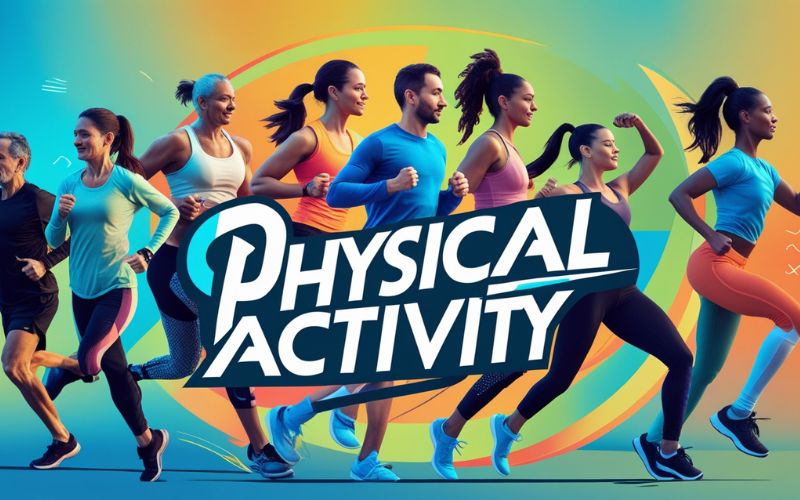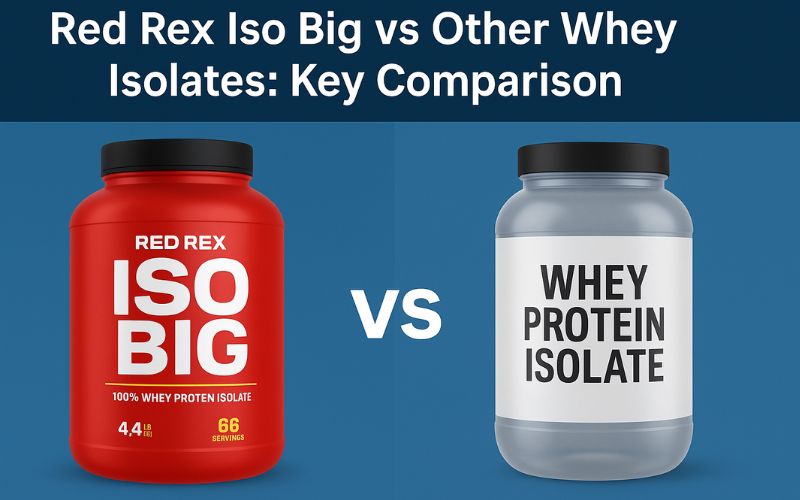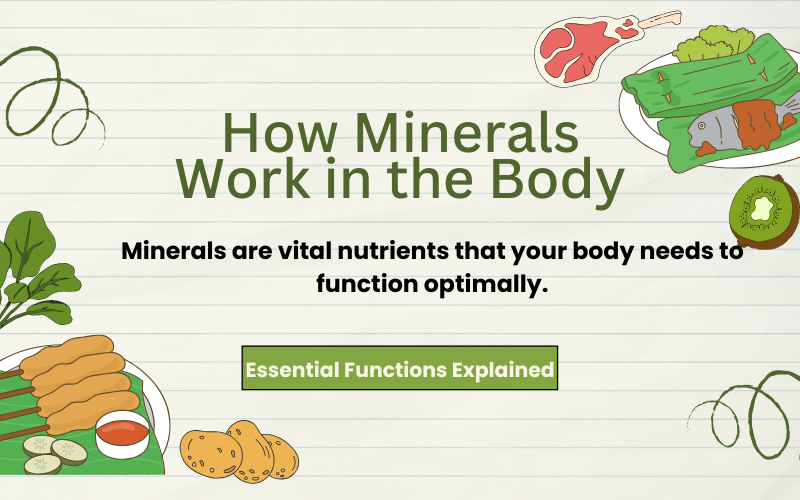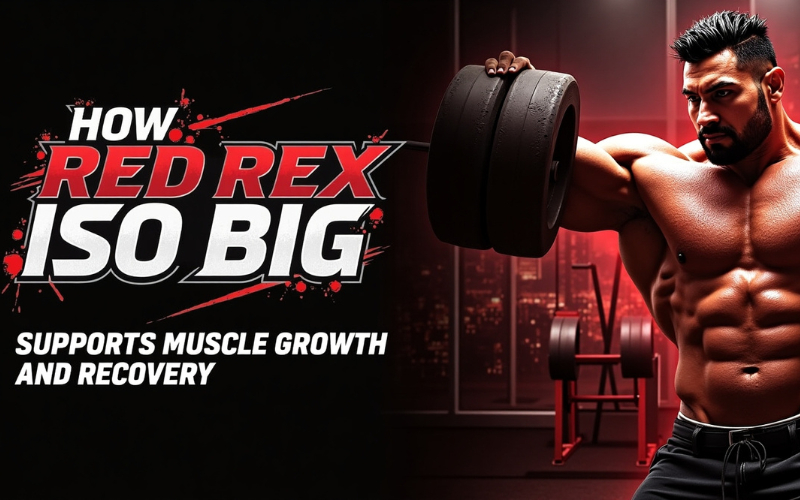How Regular Physical Activity Supports a Balanced and Active Lifestyle
In today’s fast-paced world, achieving a balanced and active lifestyle often feels like a challenge. Long working hours, digital distractions, and everyday stress can make healthy habits difficult to maintain. However, regular physical activity is one of the most powerful tools we have to support overall health and well-being. It goes beyond just physical benefits—it also nurtures mental and emotional wellness, forming the foundation of a well-rounded lifestyle.
This article explores the long-term benefits of regular physical activity, its impact on physical and mental health, and how it contributes to a sustainable, balanced way of living.
The Link Between Physical Activity and a Balanced Lifestyle
Physical activity and balance go hand in hand. A balanced lifestyle means more than just eating healthy or getting enough sleep. It’s about maintaining a stable physical, emotional, and mental state. Regular movement—whether it’s walking, yoga, swimming, or strength training—provides structure and stability to daily routines. It helps regulate sleep, manage stress, improve cognitive function, and boost overall energy levels.
Individuals who engage in consistent physical activity often report better focus, improved productivity, and a greater sense of fulfillment in both their personal and professional lives.
Core Benefits of Regular Physical Activity
Enhances Cardiovascular and Muscular Health
Regular physical activity strengthens the heart and improves blood circulation. This lowers blood pressure, improves cholesterol levels, and reduces the risk of chronic diseases such as heart disease, stroke, and type 2 diabetes. Muscles also benefit from consistent use, becoming stronger and more resistant to fatigue.
Supports Mental and Emotional Well-being
Physical activity isn’t just good for the body—it significantly impacts the mind. When you exercise, your body releases endorphins, serotonin, and dopamine—neurotransmitters that promote happiness and reduce stress. These natural mood enhancers help combat symptoms of depression and anxiety, improving emotional resilience.
Helps With Weight Management and Metabolism
Consistent physical activity supports a healthy metabolism and helps regulate body weight. It increases the number of calories burned daily, especially when paired with a balanced diet. More importantly, it aids in maintaining lean muscle mass, which plays a vital role in long-term weight control.
If you’re looking for nutrition to complement your fitness routine, consider exploring the range of high-quality proteins available at Syner Nutrition to optimize your results.
Improves Sleep and Recovery
An active lifestyle is often associated with better sleep quality. People who exercise regularly tend to fall asleep faster and experience deeper, more restorative sleep. This is critical for maintaining energy levels, improving concentration, and enhancing emotional stability during the day.
Promotes Longevity and Independence
Staying active helps preserve mobility, flexibility, and balance—especially as we age. Older adults who maintain regular physical activity are more likely to remain independent, reduce their risk of falls, and enjoy a higher quality of life for longer.
Establishing a Routine: The Power of Consistency Over Intensity
A common misconception is that physical activity has to be intense to be effective. In reality, the consistency of your activity matters far more than its intensity. Sustainable routines are built on moderate activities performed regularly. Walking, dancing, gardening, and even active house chores can all contribute to your daily movement goals.
The World Health Organization recommends at least 150 minutes of moderate-intensity activity per week for adults. That’s just 30 minutes a day, five days a week—a realistic and achievable target for most people.
Tips for Staying Consistent
- Choose activities you genuinely enjoy
- Schedule workouts like important appointments
- Find a partner or join a group for accountability
- Keep your goals realistic and progress-focused
- Listen to your body and allow rest when needed
Physical Activity for Different Lifestyles
Everyone’s schedule, priorities, and physical condition are different. The good news is that physical activity is highly adaptable. You don’t need to fit into someone else’s workout routine—your lifestyle should shape your fitness plan, not the other way around.
For Busy Professionals
Short, high-intensity workouts or active breaks during the workday can be highly effective. Even standing meetings, walking lunches, or using stairs instead of elevators can contribute to overall activity.
Explore various supplements designed to support your busy lifestyle and boost your energy for demanding days.
For Parents
Incorporate activity with family—bike rides, playing in the park, or even doing home workouts together can be both effective and enjoyable.
For Seniors
Low-impact exercises like tai chi, swimming, or brisk walking offer gentle yet powerful benefits for joint mobility, balance, and cardiovascular health.
The Role of Physical Activity in Preventive Health
Preventing disease is a key element of living a balanced life. Regular exercise lowers the risk of numerous health issues, including:
- High blood pressure
- Type 2 diabetes
- Osteoporosis
- Certain types of cancer
- Depression and cognitive decline
Incorporating physical activity into your lifestyle doesn’t just treat problems—it helps prevent them altogether. This proactive approach to health empowers individuals to take control of their well-being, making health care less reactive and more preventive.
Explore the range of nutritional supplements available at Syner Nutrition to further complement your preventive health approach.
Building a Lifelong Relationship with Movement
Physical activity shouldn’t feel like a chore. It should be a natural and enjoyable part of your lifestyle. Building a healthy relationship with movement takes time, but it begins by shifting your mindset—from “working out” as an obligation to “moving” as a celebration of what your body can do.
Physical activity is an investment. It pays dividends in energy, mood, confidence, and longevity. The earlier and more consistently you incorporate it into your life, the greater the long-term returns.
FAQs: How Regular Physical Activity Supports a Balanced and Active Lifestyle
What counts as physical activity?
Any movement that raises your heart rate and engages your muscles counts—walking, cleaning, gardening, dancing, biking, and swimming are all examples of physical activity.
Do I need a gym to be physically active?
Not at all. While gyms can be helpful, physical activity can happen anywhere—at home, outside, or even during your daily routine.
How much physical activity do adults need weekly?
The World Health Organization recommends at least 150 minutes of moderate-intensity activity per week or 75 minutes of vigorous-intensity activity.
Can physical activity really help mental health?
Yes. Regular exercise helps release endorphins, reduce stress hormones, and improve mood, making it a natural and effective way to support mental well-being.
What if I don’t have time for a full workout?
Short bursts of activity throughout the day can be just as effective. Even 10-minute walks, stretch breaks, or using stairs can make a difference over time.
Conclusion
Maintaining a balanced and active lifestyle doesn’t require a drastic overhaul—it starts with simple, consistent choices. Regular physical activity is the foundation for physical health, mental clarity, and emotional well-being. By embracing movement as a core part of your daily life, you invest in a healthier, more fulfilling future.
Whether you’re taking the first step or refining your routine, remember: every movement counts. Stay consistent, stay kind to yourself, and keep moving forward.
Looking to fuel your active lifestyle with high-quality supplements and nutrition support? Visit Syner Nutrition—your trusted source for premium fitness products, expert guidance, and wellness essentials. Start your journey toward better health today.









Add comment